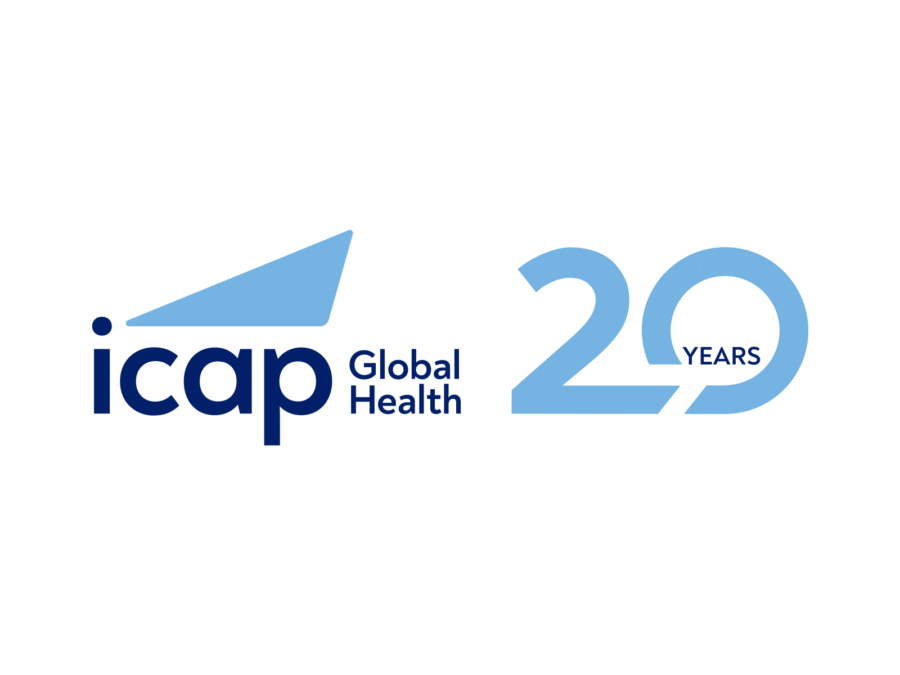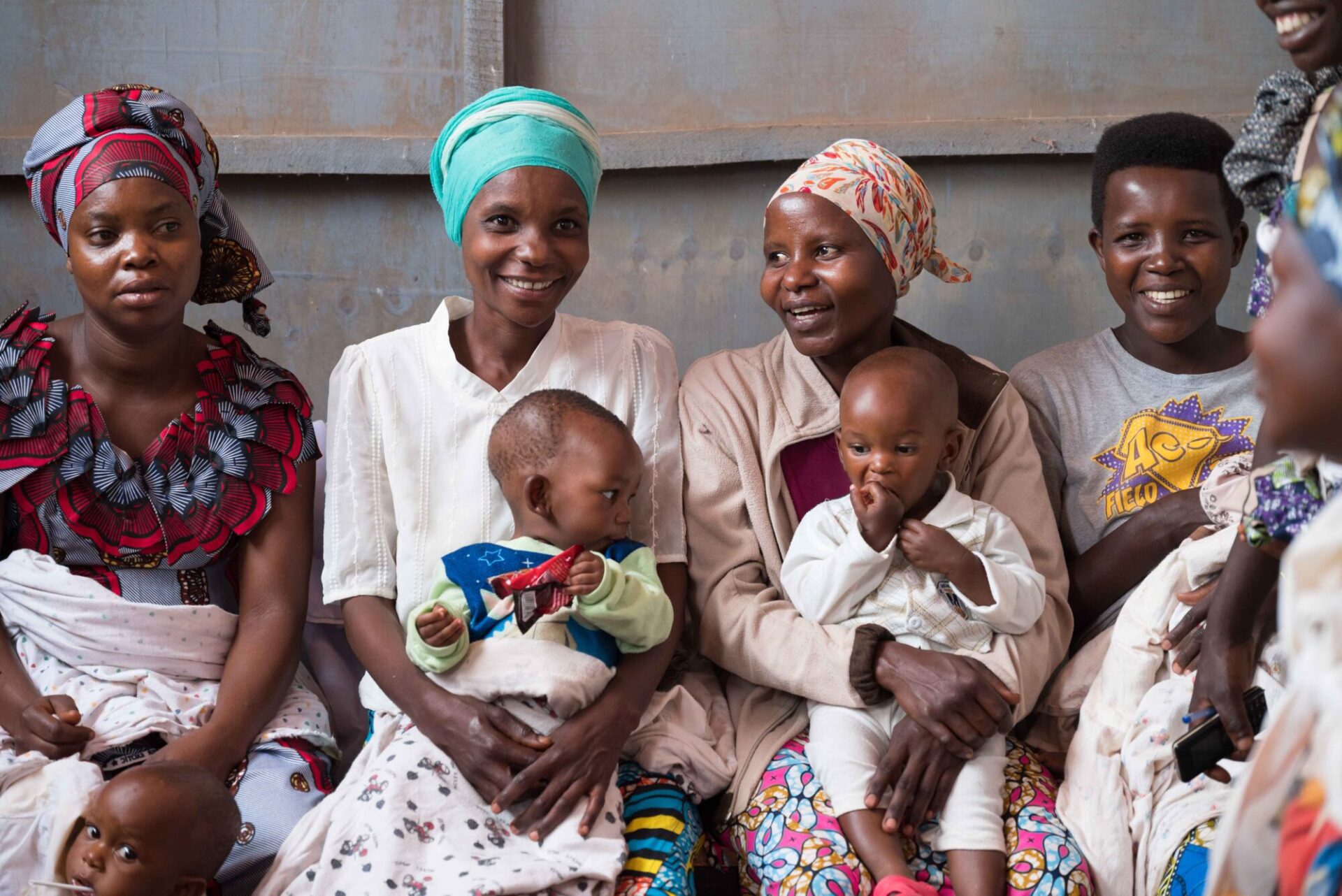The Nursing Education Partnership Initiative (NEPI) has made important contributions towards PEPFAR’s goal of controlling the HIV epidemic by increasing the number, quality, and capacity of nurses and midwives in the Democratic Republic of the Congo, Ethiopia, Lesotho, Malawi, South Africa, and Zambia. Through NEPI, ICAP has worked with ministries of health in these countries to enroll over 23,000 students in nursing and midwifery programs. More than 10,000 students have already graduated and joined the health workforce, each bringing much needed HIV skills to clinics and communities.
“The NEPI program has improved nursing education both at the classroom and clinical level,” said Sheila Bandazi, former chief nursing officer at the Ministry of Health in Malawi. “The graduates now have increased competencies and skills due to the improved nursing education standards.”
Launched in 2011 with funding from PEPFAR through HRSA, NEPI set out to foster long-term collaborations between pre-service nursing education institutions and national health services in six sub-Saharan countries facing serious health care worker challenges. Many nursing schools lacked essential teaching and learning resources—textbooks and clinical teaching resources were outdated, curriculum did not reflect current practice, and opportunities for hands-on training were limited. In addition, schools faced numerous barriers to introducing new learning technologies.
With technical assistance from ICAP, the schools upgraded their facilities, adapted innovative teaching methods, increased nurse educators and clinical preceptors, expanded student enrollment, and installed computer and simulation labs. ICAP provided extensive training and mentorship to faculty at NEPI-supported schools, increasing their knowledge of priority HIV topics such as Option B+ for the prevention of mother-to-child transmission of HIV. Faculty also learned how to improve delivery of competency-based curricula through classroom teaching, online courses, and clinical simulation trainings where students build clinical skills and confidence before treating patients.
Prior to NEPI, few partner nursing schools had clinical simulation labs. Now there are 16 fully-equipped, multidisciplinary simulation laboratories in NEPI partner schools. These skills labs include high-fidelity computerized mannequins that respond like real patients. Students at all levels of training now have the opportunity to apply their theoretical knowledge and hone their competencies in areas such as obstetrics, resuscitation procedures, and ward hygiene and management. These hands-on training opportunities are enhancing nurses’ ability to manage a full-range of clinical challenges related to HIV and other chronic diseases.
To date, more than 35,000 students have successfully completed skills labs and met core competencies.
“This is a remarkable way forward,” said Dr. Susan Michaels-Strasser, senior implementation director and associate director for nursing programs at ICAP. She pointed to the need for larger cadres of well-trained nurses to address the high burden of HIV in low-resource settings as well as the need to treat patients with other chronic diseases.
“NEPI has provided an infusion of expertise and resources that were long overdue. NEPIhas helped to generate valuable lessons, identify nursing leaders and nursing networks to inform and sustain future efforts to upgrade nursing and midwifery education. This is the key to achieving critical HIV care and treatment goals and for envisioning an AIDS-free generation.”







